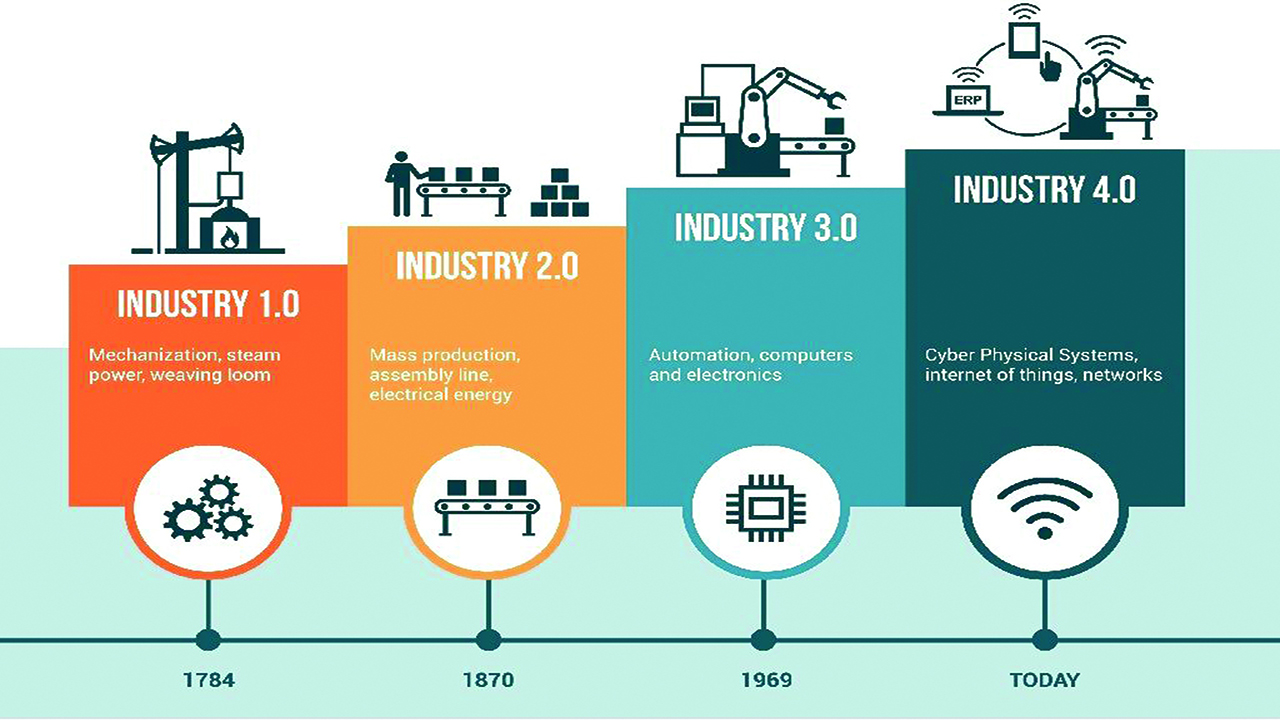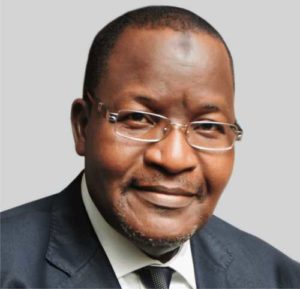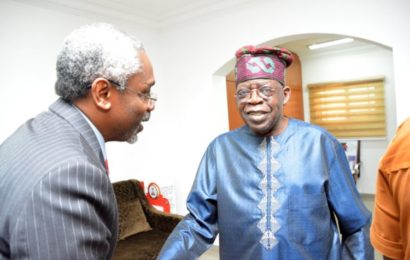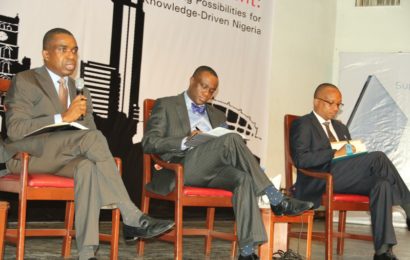 Nigeria’s hope for a robust socioeconomic prosperity in the 4th industrial revolution, driven by convergence of digital innovations, will ride on robust telecommunication/ infrastructure and pervasive broadband networks.
Nigeria’s hope for a robust socioeconomic prosperity in the 4th industrial revolution, driven by convergence of digital innovations, will ride on robust telecommunication/ infrastructure and pervasive broadband networks.It took the evolution of mobile technology, and the advent of the smart phones to allow Nigeria and other third world countries to finally get access to the Internet, and attendant benefits. But the revolution it brought to education, health, productivity, and quality of life has been mostly absent for most Nigerians, in a country richly blessed with all the human and material resources to lead others.
For instance, our health system has not improved; our educational system has decayed, and our infrastructure overall have been degraded. Although there are patches of benefits here and there, but overall, Nigeria has lost in the race to use technology to advance its civilization, and build wealth for her citizens.
 Countries like India, China, Japan, UAE, Singapore, Sweden, Qatar, South Korea and even South Africa, have all latched on to the technology culture to pull millions out of poverty.
Countries like India, China, Japan, UAE, Singapore, Sweden, Qatar, South Korea and even South Africa, have all latched on to the technology culture to pull millions out of poverty.
Sadly, while the aforementioned countries have already started envisioning the benefits of the 4th industrial revolution, Nigeria still relished in third if not the second.

He further explained that the commission is working tirelessly to collaborate with necessary stakeholders across different levels of government towards removing impediments to telecoms investment in Nigeria. “However, increased support and collaboration from government authorities are required in this regard,” he said.

“We are also working with relevant stakeholders to ensure elimination of multiple taxation and regulations; encourage spread of 3G coverage to, atleast 80 per cent of the Nigerian population over the current 56.4% of the population covered with 3G networks,” he also explained.
The National Information Technology Development Agency (NITDA), disclosed that studies have shown that Nigeria will be spending $143.8 billion on importation of Information Communications Technology (ICT) products and services this year.
NITDA claimed that Nigeria loses about $2.8 billion yearly from the importation of ICT goods and services, including $1 billion spent yearly on software imports.
Locally manufactured or assembled computers represent less than eight per cent of all the computers used in the country.
While over N612 billion is lost to ICT counterfeits almost on a yearly basis. The immediate past Minister of Communications, Adebayo Shittu, recently, claimed that about N127 billion was lost in the country to cybercrimes.
Bridging The Gap
President Association of Licensed Telecommunication Operators (ALTON) in his remark at the forum said remain optimistic that Nigeria would not consciously channel effort towards revamping and restructuring the policy of the day that will enable ICT to strive.
He nodded telecommunication operators for their concerted effort in ensuring that Nigerians have access to internet and mobile data which he described as leapfrog for a desired digital economy.
“We are not yet there but we can be there. All hands must be on desk from government to operators to Nigerians. Innovation must be encourage at all level and this must given a top most chance if we trullt want to catch-up in the digital space.”
At different foray, the President, Association of Telecoms Companies of Nigeria (ATCON), Olusola Teniola, had reportedly warned that Nigeria may miss big in the revolution, if there are no adequate preparations.
Teniola said: “Yes, if we collectively remain in silos in both thinking and execution. Yes, if we continue to retain status quo and finally avoid making the necessary decisions to embrace all technological forms in the way we transact all our businesses, engage with government and build an educated workforce capable of leveraging the technology that exists.
“Overcoming these challenges and by working collaboratively, then we can catch-up and leapfrog into the 4th revolution, It is a journey we should all begin and embrace.”
He stressed the need for collaboration that will lead to innovation through local content development.
LCCI’s POSITION
President LCCI, Babatunde Ruwase believe that commerce and profit ventures can strive better with ICT infrastructure.
He said, “Our goal at this forum is to continuously broaden the horizon and scope of the EXPO over the coming years. We see great investment opportunities coming from closer interactions and business integration among ICT players in and outside Nigeria.
“Hence innovation should be embrace for Nigeria economic prosperity.”








